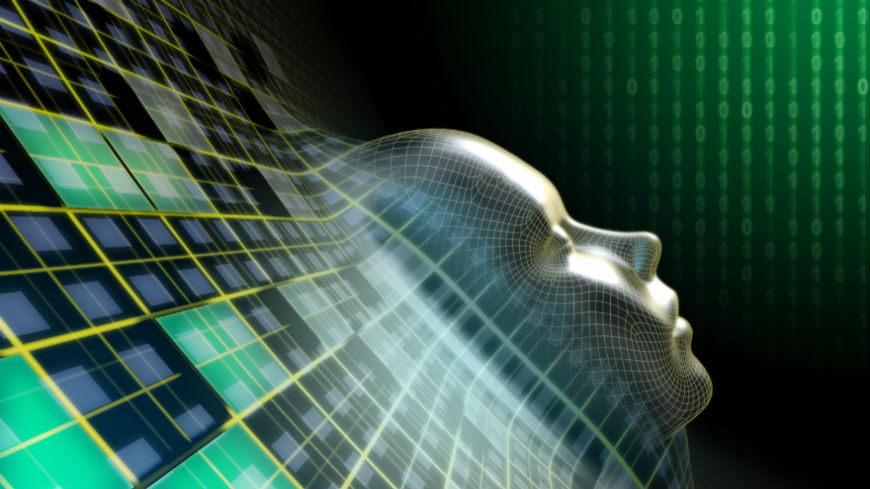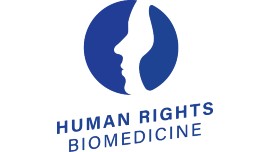Emerging technologies

In recent years innovations in the biomedical field are more and more emerging from the convergence of developments in different domains, including nanotechnology, cognitive science and information technology. As a result of this convergence, we can observe an increasing interaction between the life sciences and the engineering sciences. This interaction and convergence between different scientific and technological fields also raises new questions about the implications of these developments for human rights and human dignity.
For the CDBIO, there is a clear need to look into these new developments in order to be able to respond to the possible ethical and legal challenges raised by these new technologies and their convergence.
Legal instruments and related documents
- Statement on genome editing technologies
- Press release: “Ethics and Human Rights must guide any use of genome editing technologies in human beings”
- Ethical Issues Raised by Emerging Sciences and Technologies (University of Bergen, Norway)
- From Bio to NBIC convergence – From Medical Practice to Daily Life (Rathenau Institute, Netherlands)










